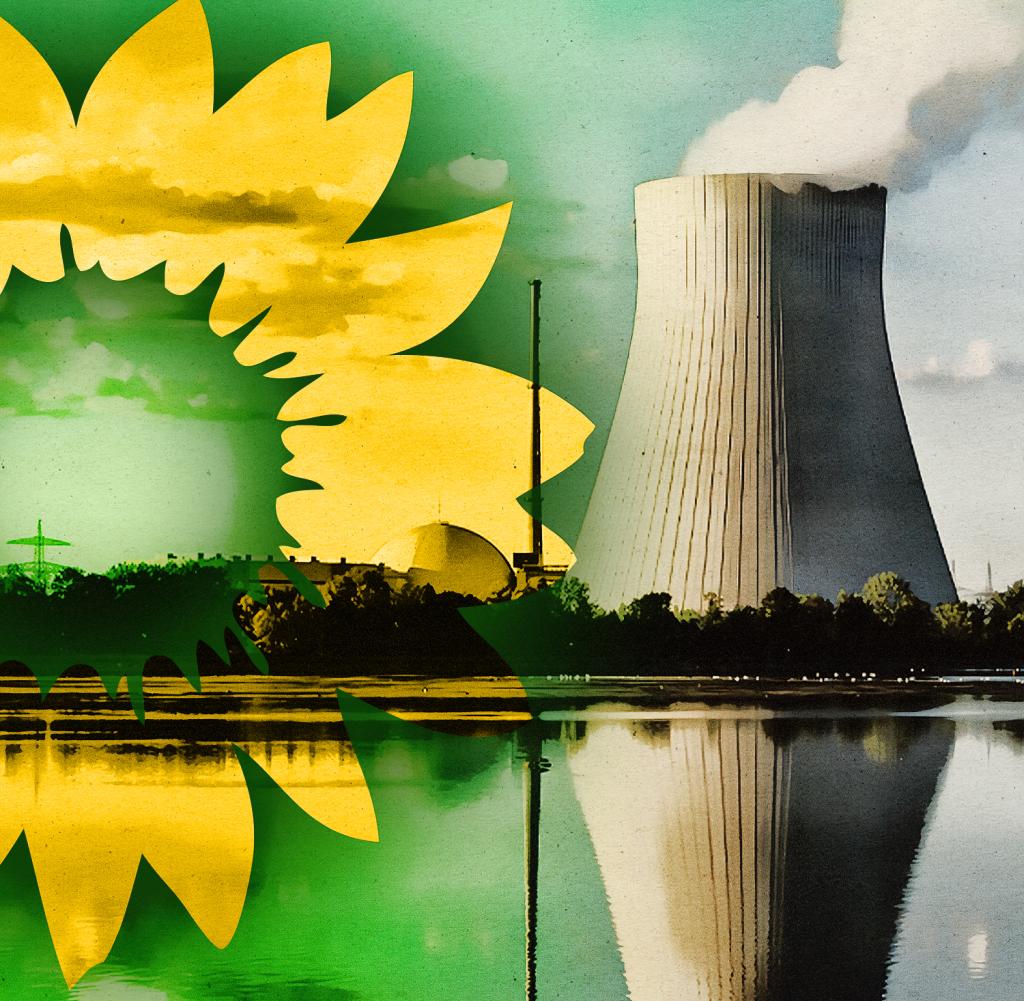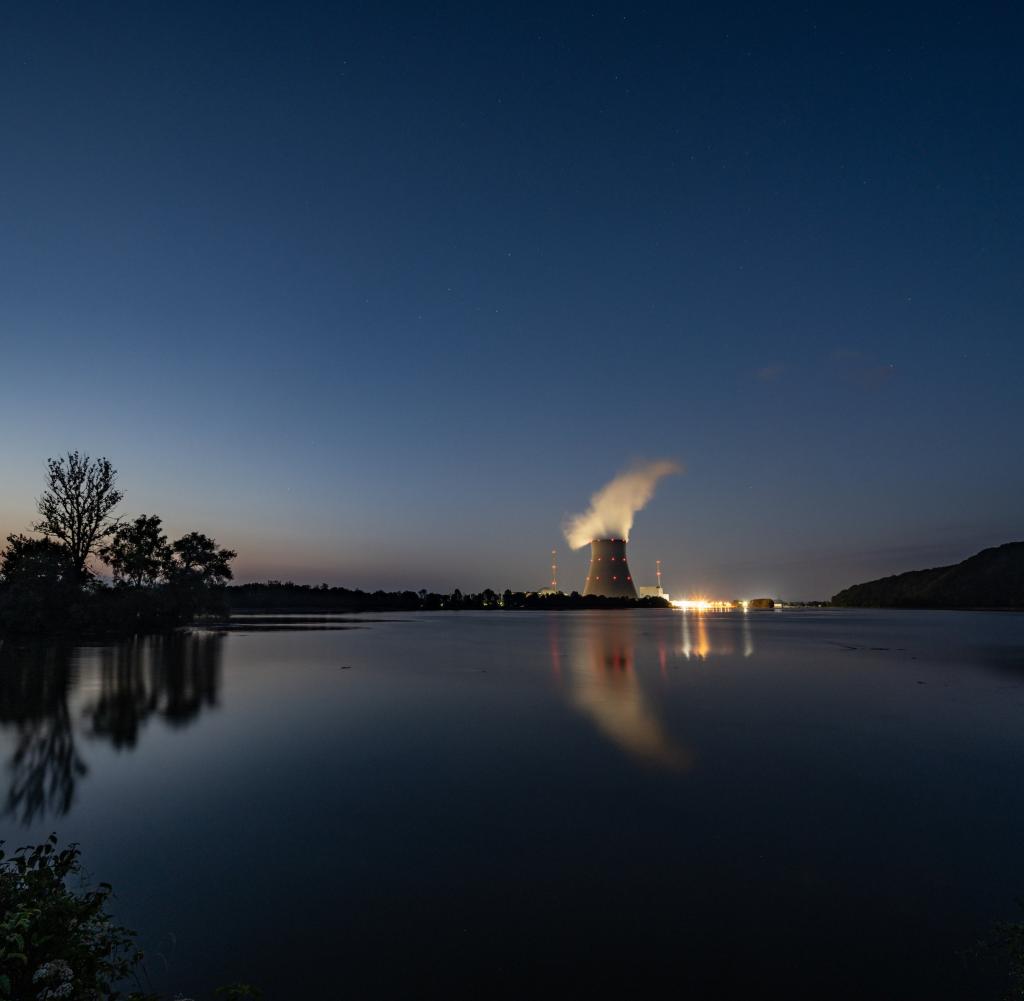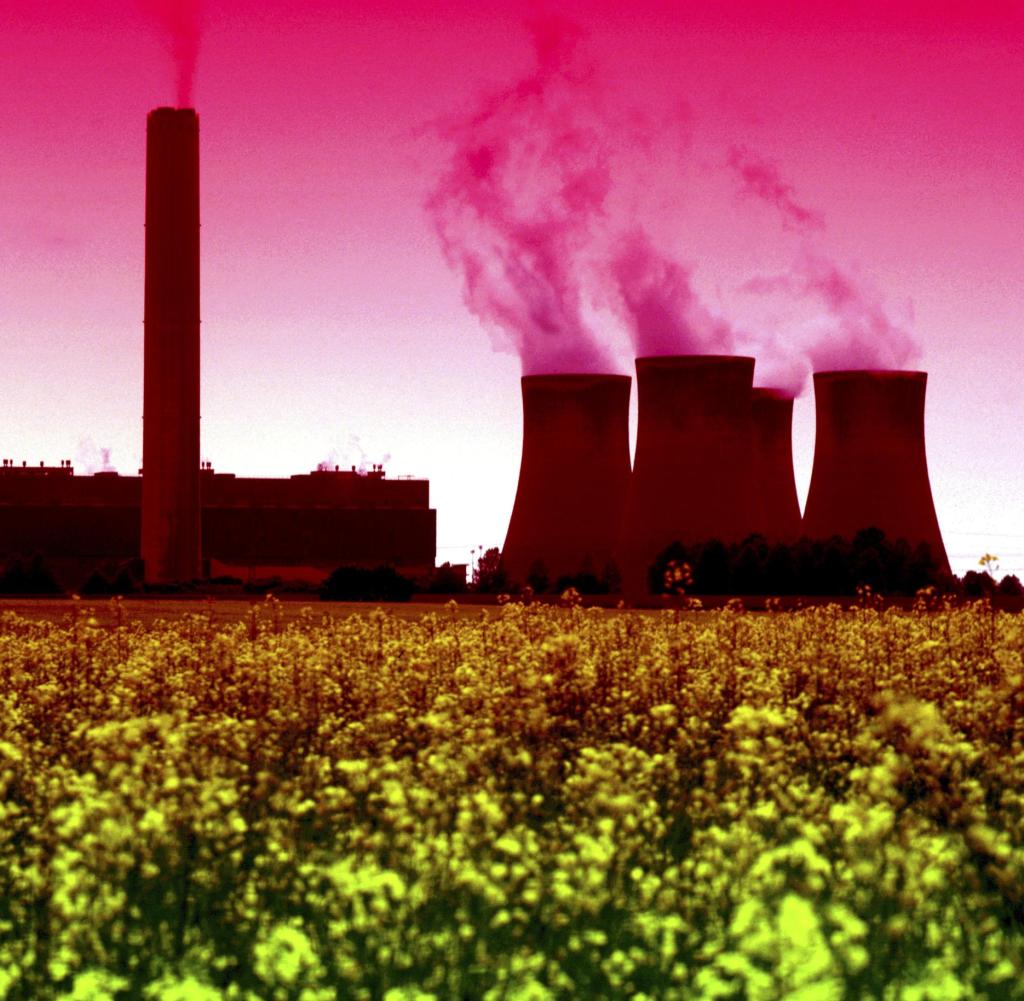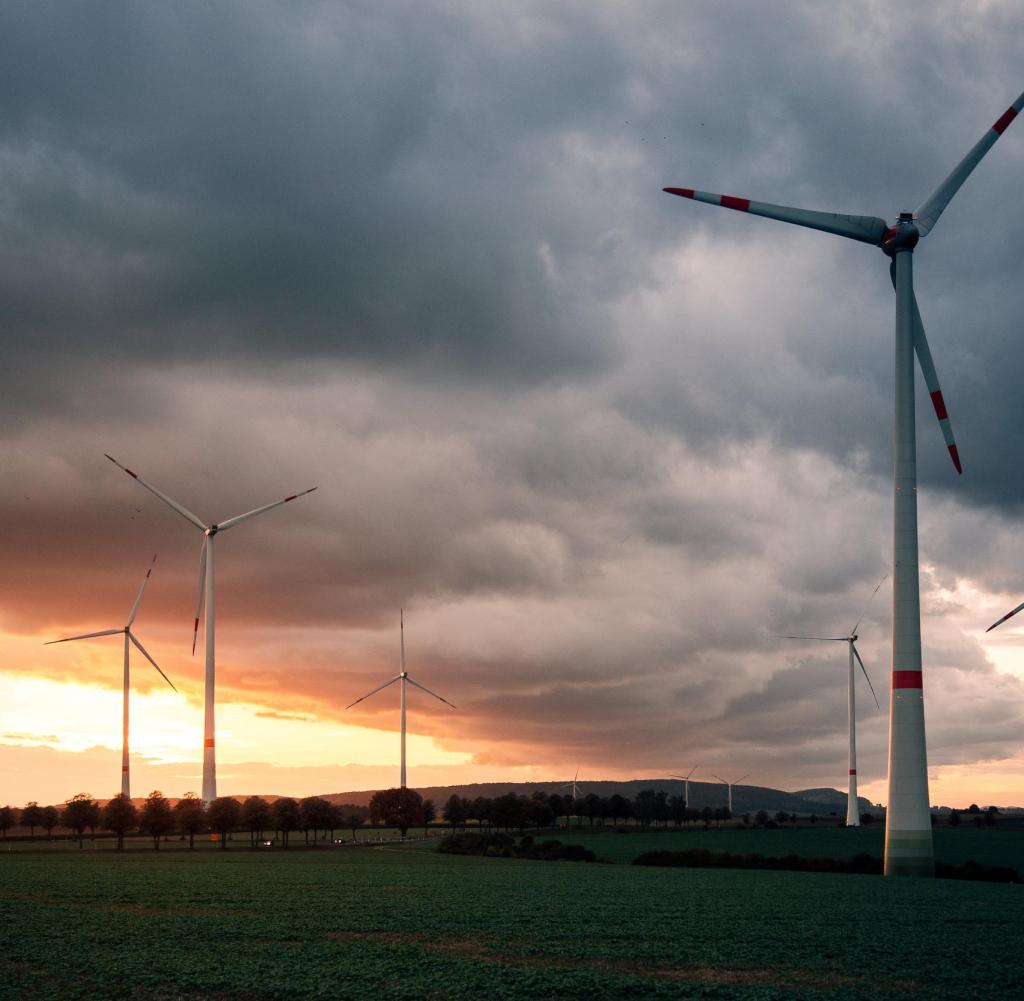Scientists call for the elimination of nuclear energy
“We are experiencing in fast motion that the energy transition is not working”
Three nuclear power plants are still operating in Germany, others could be reactivated: is this the way out of the energy crisis? “If you ignore the illusion of the energy transition, it is possible to continue operating these nuclear power plants,” says Stefan Aust, editor of WELT.
“Rising energy prices and declining security of supply endanger competitiveness and prosperity”: German university professors call for nuclear power phase-out to be reversed.
kClimate change and the energy crisis have led many countries to become increasingly dependent on nuclear power. Germany is a special case: Without having significant amounts of constant sources of energy at its disposal (apart from climate-damaging forms of coal and gas), Germany still wants to shut down its last nuclear power plants by the end of the year and is dependent on the fluctuation of wind and sun energy. A group of 20 German university professors is now pushing for a correction of the German energy transition.
In their “Stuttgart Declaration”, which the researchers intend to publish shortly, they call for the nuclear phase-out to be reversed and for the continued operation of German nuclear power plants to be guaranteed “as the third pillar of climate protection” alongside the sun and the wind.
“We demand the immediate lifting of the nuclear phase-out paragraphs and a safety-related operating license review to allow German nuclear power plants to continue operating,” the scientists write in the statement, which is available to WELT. “With a one-sided focus on the sun, wind and natural gas, Germany was plunged into energy shortages,” warn the researchers, who work in technical and economic departments.
They want to send their statement to the Petitions Committee of the Bundestag, which should publish it for the general public to sign. If at least 50,000 supporters gather, the scientists could, according to legal procedure, explain their demands to the Bundestag committee.
“Holding on to nuclear phase-out slows down climate protection”
The signatories of the “Stuttgart Declaration” fear economic problems as a result of the phasing out of nuclear energy: “Increasing energy prices and decreasing security of supply endanger competitiveness and prosperity”, they write. Holding on to Germany’s nuclear phase-out would slow down climate protection because coal power would be needed to secure the electricity supply, as is already happening in Germany.
More researchers would come, says the initiator of the statement, André Thess, professor of energy storage at the University of Stuttgart: “There is a growing consensus in science that Germany can no longer ignore the statements of the Intergovernmental Panel on Nuclear Energy as a climate protection technology,” he told WELT.
Cooling tower of the Isar 2 nuclear power plant in Bavaria
Source: dpa/Armin Weigel
The Intergovernmental Panel on Climate Change (IPCC) has identified nuclear energy as a potential climate protection instrument because it generates energy without CO2 emissions that contribute to global warming. The European Union also classifies nuclear power as a sustainable energy source. Nuclear power plants require little space, so unlike wind and sun, they hardly conflict with nature conservation, species protection and landscape protection. Unlike other countries, however, nuclear power has struggled in the German media since the 1970s, media research has determined.
The anti-nuclear movement constitutes the founding nucleus of the Greens party, whose representatives still fear the risk of radioactive radiation being released and the lack of final storage of old fuel rods. However, even Japan and the Ukraine remain dependent on nuclear power, although the only two serious nuclear accidents to date have occurred in these countries with old-design power plants.
The first nuclear waste repositories will go into operation in Finland and Sweden. Energy experts at the “20 Years of Energy Transition” conference in Stuttgart had just criticized Germany’s special path: The German transformation of energy supply is still in its infancy, complex, expensive, technologically immature and shaped by ideology. Keywords would hide serious problems.
Energy researcher Thess reports that the idea for the anti-nuclear phase-out initiative came up at the Stuttgart conference.
In addition to André Thess, the other signatories of the “Stuttgart Declaration” are: Burak Atacan from the University of Duisburg-Essen, Michael Beckman from the Technical University of Dresden, Alexander Dilger of the Westfälische Wilhelms-Universität Münster, francesca di mare from the Ruhr University Bochum, Kerstin Eckert from the Technical University of Dresden, Sabine Ender from the Karlsruhe Institute of Technology (KIT), Martina Henschel from the Technical University of Chemnitz, Rafaela Hillerbrand of KITS, Anthony Hurtado from the Technical University of Dresden, matthew guy of KITS, frame koch from the Ruhr University Bochum, Andrea Lucas from the University of Kassel, axel meyer from the University of Konstanz, frank schilling of KITS, harold black of the BTU Cottbus-Senftenberg, Klaus Steigleder from the Ruhr University Bochum, Robert Stiglitz of KITS, Gerhard Wegner from the University of Erfurt, Thomas Wetzel of KIT.
“Kick-off Politics” is WELT’s daily news podcast. The most important topic analyzed by the editors of WELT and the dates of the day. Subscribe to the podcast at Spotify, Apple Podcasts, amazon music or directly through the RSS feed.

Introvert. Beer guru. Communicator. Travel fanatic. Web advocate. Certified alcohol geek. Tv buff. Subtly charming internet aficionado.





